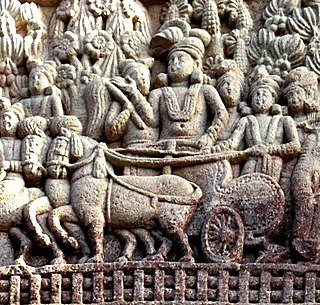A Quote by John Knox
The general consent of all that sect is that God (by his foreknowledge, counsel, and wisdom) has no assured election, neither yet any certain reprobation, but that every man may elect or reprobate himself by his own free will, which he has (say they) to do good or evil ... [All these things are] forged by their own brains, and polished by the finest of their wits, when yet in very deed they are but the rotten heresies of ... Pelagius, long ago confuted by Augustine.
Related Quotes
No man is so foolish but may give another good counsel sometimes; and no man is so wise, but may easily err, if he will take no others counsel but his own. But very few men are wise by their own counsel; or learned by their own teaching. For he that was only taught by himself had a fool to his master.
Whoever is wise is apt to suspect and be diffident of himself, and upon that account is willing to "hearken unto counsel"; whereas the foolish man, being in proportion to his folly full of himself, and swallowed up in conceit, will seldom take any counsel but his own, and for that very reason, because it is his own.
It is a proverbial expression that every man is the maker of his own fortune, and we usually regard it as implying that every man by his folly or wisdom prepares good or evil for himself. But we may view it in another light, namely, that we may so accommodate ourselves to the dispositions of Providence as to be happy in our lot, whatever may be its privations.
I say to you with all the fervor of my soul that God intended men to be free. Rebellion against tyranny is a righteous cause. It is an enormous evil for any man to be enslaved to any system contrary to his own will. For that reason men, 200 years ago, pledged their lives, fortunes, and sacred honor. No nation which has kept the commandments of God has ever perished, but I say to you that once freedom is lost, only blood - human blood - will win it back.
How much reverence has a noble man for his enemies!--and such reverence is a bridge to love.--For he desires his enemy for himself, as his mark of distinction; he can endure no other enemy than one in whom there is nothing to despise and very much to honor! In contrast to this, picture "the enemy" as the man of ressentiment conceives him--and here precisely is his deed, his creation: he has conceived "the evil enemy," "the Evil One," and this in fact is his basic concept, from which he then evolves, as an afterthought and pendant, a "good one"--himself!
Clearly, what God wants above all is our will which we received as a free gift from God in creation and possess as though our own. When a man trains himself to acts of virtue, it is with the help of grace from God from whom all good things come that he does this. The will is what man has as his unique possession
One's own free unfettered choice, one's own caprice-however wild it may be, one's own fancy worked up at times to frenzy-is that very "most advantageous advantage" which we have overlooked, which comes under no classification and against which all systems and theories are continually being shattered to atoms... [an]will attain his object-that is, convince himself he is a man and not a piano-key!
For the man who makes everything that leads to happiness, or near to it, to depend upon himself, and not upon other men, on whose good or evil actions his own doings are compelled to hinge,--such a one, I say, has adopted the very best plan for living happily. This is the man of moderation; this is the man of manly character and of wisdom.
Every man, in proportion to his virtue, considers himself, with respect to the great community of mankind, as the steward and guardian of their interests in the property which he chances to possess. Every man, in proportion to his wisdom, sees the manner in which it is his duty to employ the resources which the consent of mankind has intrusted to his discretion.
Condemn no man for not thinking as you think. Let every one enjoy the full and free liberty of thinking for himself. Let every man use his own judgment, since every man must give an account of himself to God. Abhor every approach, in any kind or degree, to the spirit of persecution, if you cannot reason nor persuade a man into the truth, never attempt to force a man into it. If love will not compel him to come, leave him to God, the judge of all.
Man—every man—is an end in himself, not a means to the ends of others; he must live for his own sake, neither sacrificing himself to others nor sacrificing others to himself; he must work for his rational self-interest, with the achievement of his own happiness as the highest moral purpose of his life.






































